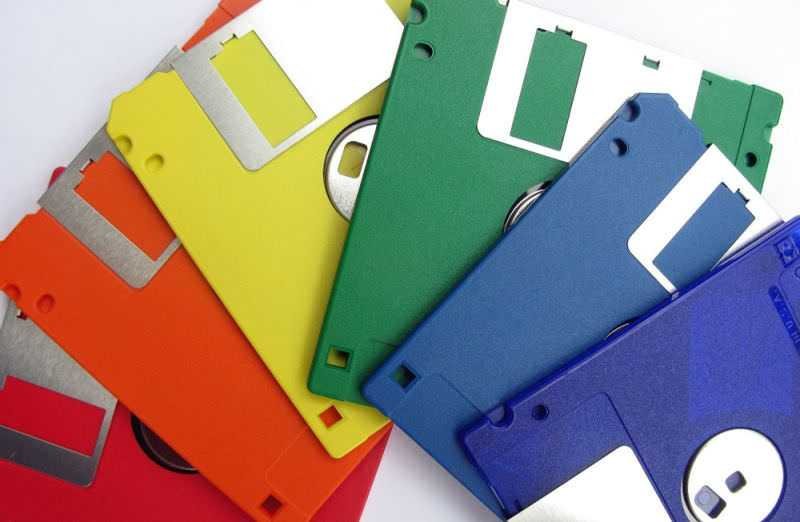Windows 11 according to Microsoft is an important one upgrade in the modern Windows experience (10) released in July 2015.
In other words, Windows 11 is a fundamentally evolved version of Windows 10 but cannot be installed on all devices running Windows 10 at this time as Microsoft has changed the requirements for the hardware, making it impossible for some computers to run it functional system.
You need new hardware to get the most out of Windows 11, although in some cases it seems that the old hardware is still working fine.
To the point:
Floppy disks still run on Windows 11 this year 2022! Obviously, old-fashioned hardware support still exists in the operating system.
A video posted on YouTube by Jrcraft shows that 5,25″ floppy disks are recognized by Windows 11 so Windows 11 can read their contents just like Windows XP.
This should come as no surprise as Windows NT, which is the basis of the new operating system are the same for 30 years. Unless modern Windows still supports floppy disks for compatibility reasons.
But who still uses floppy disks?






For those who want to keep old applications or operating systems that needed floppies.
While there is still support and of course the corresponding drive (even on usb), I recommend to make an image file of the floppy disk (eg * .img)
These images can be used by virtual machines, even to boot if needed, and so floppy will stay forever even in virtual form, with the corresponding operating system of the time. And without the risk of damaging their magnetic membrane…